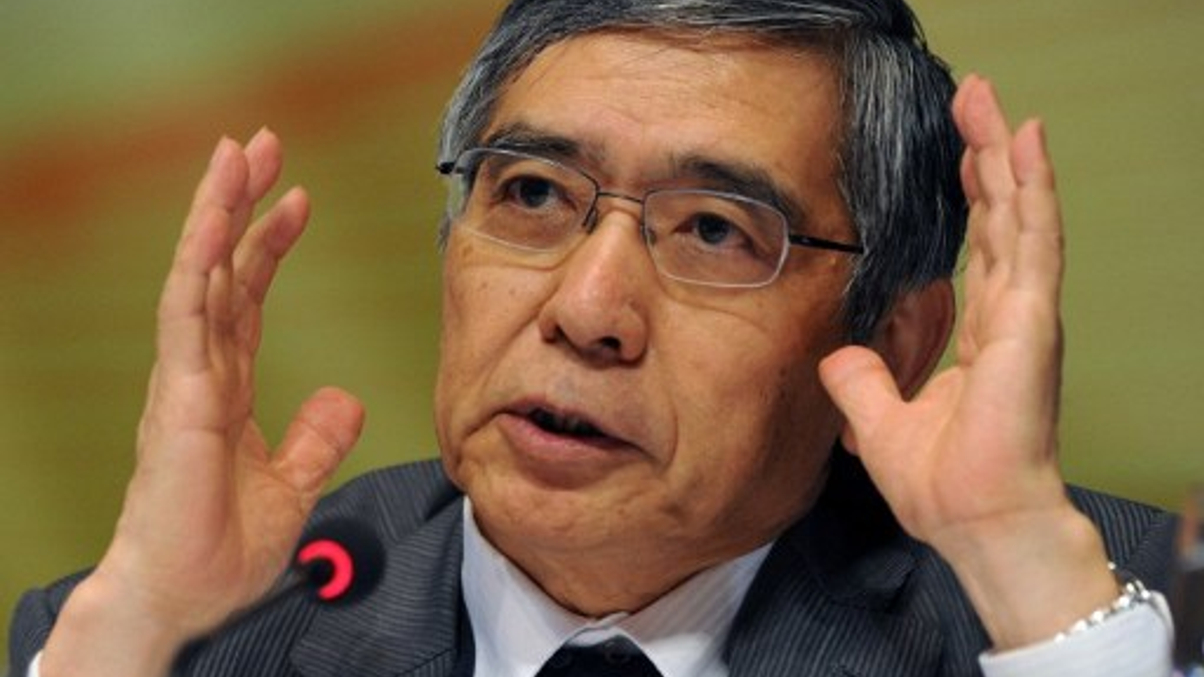New standards for Asian bonds can lower costs
A project supported by the Asian Development Bank seeks to produce incremental integration to fixed-income markets through standardised documentation.

A project to introduce standardised documentation across multiple Asian jurisdictions may help to reduce trading costs in the region’s fixed-income markets, says Jason Lee Seung-jae, adviser to the office of regional economic integration at the Asian Development Bank.
Sign in to read on!
Registered users get 2 free articles in 30 days.
Subscribers have full unlimited access to AsianInvestor
Not signed up? New users get 2 free articles per month, plus a 7-day unlimited free trial.
¬ Haymarket Media Limited. All rights reserved.


